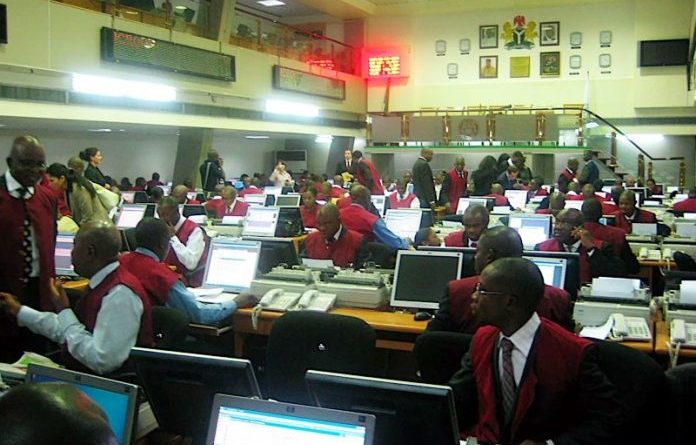Equities Market Gains N804bn In Eight Days And Counting
Against the expectations of most operators, the Nigerian equities market rose for the eight-session yesterday as the main index appreciated by 1.28 per cent after oil price climbed above $31 a barrel and investors continued to take advantage of low valuations.
The Nigerian Stock Exchange All-Share Index (ASI) and market capitalisation have garnered 6.8 per cent in the last eight trading days.
While the ASI rose from 22,599.38 to 24,143.37, market capitalisation added N804 billion, appreciating from N11.778 trillion to N12.582 trillion.
Some analysts said the oil price was improving on hopes for a recovery in demand as some countries ease COVID-19 lockdowns.
After dipping by over shedding 20.6 per cent in the first quarter of 2020, the market recovered in April, with the main index rising by 5.3 per cent, while market capitalisation gained N604 billion in spite of the COVID-19 pandemic.
A Senior Equity Research Analyst at Cordros Capital, Mustaha Wahab, had attributed the April’s market return to the fact that equities risks appeared to have been largely priced in.
“For us in Cordros, we believe the ultra-selloffs witnessed in March were an overreaction and that the market is now in a stronger condition than at the beginning of this COVID-19 episode. In other words, the panic element has eased significantly in our opinion. There have been a few developments over the recent past weeks, which I believe provide respite for investors.
“For one, Nigeria received the International Monetary Fund (IMF)’s approval for $3.4 billion (N1.2 trillion) loan request. The approval came earlier than expected and is the IMF’s largest COVID-19 emergency financing provided to-date. While the loan will do little to address the significantly stressed balance of payment condition, it sure will provide some notable support to the 2020 budget in a year where government spending is necessary,” Wahab said.
He noted that the positive results posted by some companies in the Q1 of 2020 impacted the growth posted in April
“On the corporates side, we have seen some fairly impressive first-quarter results thus far. The cumulative banks’ earnings that have been published to date show earnings growth of eight per cent with core income lines and asset quality are fairly strong. For consumer goods companies, we like the fact that Nigerian Breweries Plc maintained revenue at last year’s level, even though profit was weaker (owing to high operating expenses). “As expected, MTN Nigeria Communications Plc delivered strong numbers, driven by strong growth across revenue lines,” he said.
A stockbroker and Managing Director of Network Capital Limited, Mr. Oluropo Dada, had said the digital channels deployed by the NSE to support remote trading, which was overwhelmingly embraced by the traders, was also a contributing factor.
“Everything worked seamlessly to the advantage of the market. The Q1 results of those big banks that provide over 65 per cent of the trading activities in the sector were released to the market and those results compared favourably with the historical records, meaning that those banks are still creating values. Also, the dividend declared for 2019 financial years were paid by major banks during the month, thereby providing liquidity to the shareholders and by extension to the market,” Dada said.




